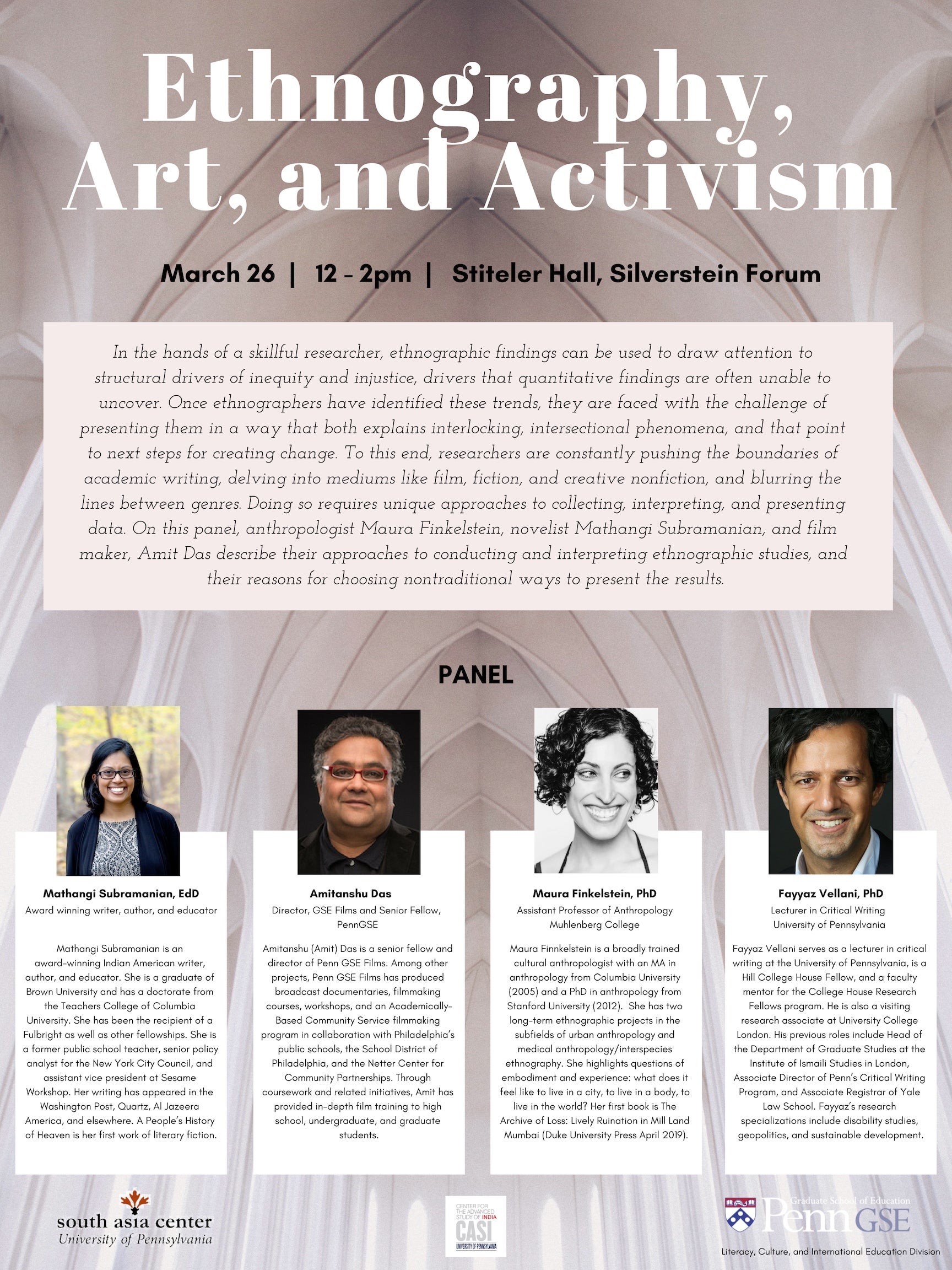Ashok Gulati
Ashok Gulati has been Infosys Chair Professor for Agriculture at the Indian Council for Research on International Economic Relations (ICRIER) since March 2014. He is currently also on the Central Board of Directors of the Reserve Bank of India (RBI), National Bank for Agriculture and Rural Development (NABARD), and National Commodities and Derivatives Exchange (NCDEX).
Navigating Decisions During Emerging Adulthood in India

Millennials—individuals born between 1980-99—are constantly scrutinized as Generation Me. They are misrepresented, stereotyped, and unappreciated. Millennials—often referred to as irresponsible and lazy young persons—have recently received a lot of media attention in India, from speculations about their spending habits to whether they are the most depressed of all generations.
Radhika Khosla
Dr. Radhika Khosla, a CASI Non-Resident Scholar, is the Research Director of the Oxford India Centre for Sustainable Development and Research Fellow at Somerville College; and Associate Professor at the Smith School of Enterprise and Environment, School of Geography and the Environment, at the University of Oxford. She works on examining the productive tensions between urban transitions, energy services consumption, and climate change, with a focus on developing country cities.
Call Me, Maybe? America’s Taliban Hotline and India’s Afghanistan Redux

Amongst the many initiatives to end the Afghan conflict, the one led by the US Special Representative for Afghanistan Reconciliation, Zalmay Khalilzad, is critical for it has given the Taliban a direct hotline of sorts to America. In fact, the US is doing precisely what it had refused to do in 2002 when the Taliban had assured a “discussion to turn over Osama bin Laden” if America stopped bombing Afghanistan.
Coal Divestment is a Blunt Instrument

In the last five years, there has been a slow but growing international consensus around the withdrawal of financial capital from the coal industry. Large sovereign wealth funds and pension funds, as well as multi-national aid agencies like the World Bank have undertaken this virtue signalling exercise by announcing their exit from coal financing. While coal-based generators in the West were already on the back foot because of rising regulatory costs, most of the coal expansion in the 2010s has come from Asia, particularly India and China.
Who Will Feed India? Political Economy of Agriculture Policies and its Implications
About the Lecture:
According to UN population projections, India’s population is likely to surpass China’s population around 2024. With India’s GDP growth of averaging 7 to 8 percent over the last 15 years likely to continue for at least a decade more, the country’s agricultural sector will be under increasing pressure to meet the then nation’s food, feed, and fiber needs. Additionally, by 2030, India will have about 600 million people living in urban areas, and will face major logistical challenges to move food from hinterlands to urban areas.

